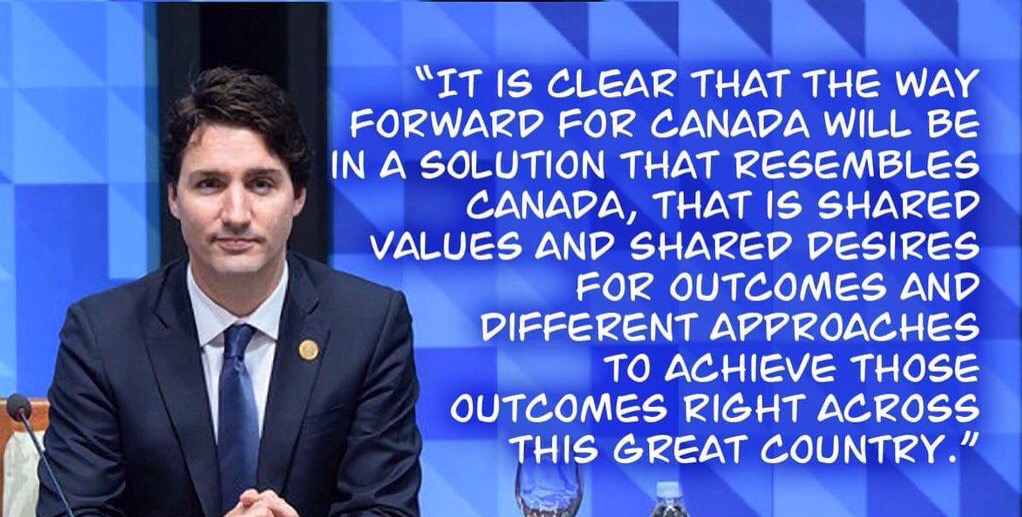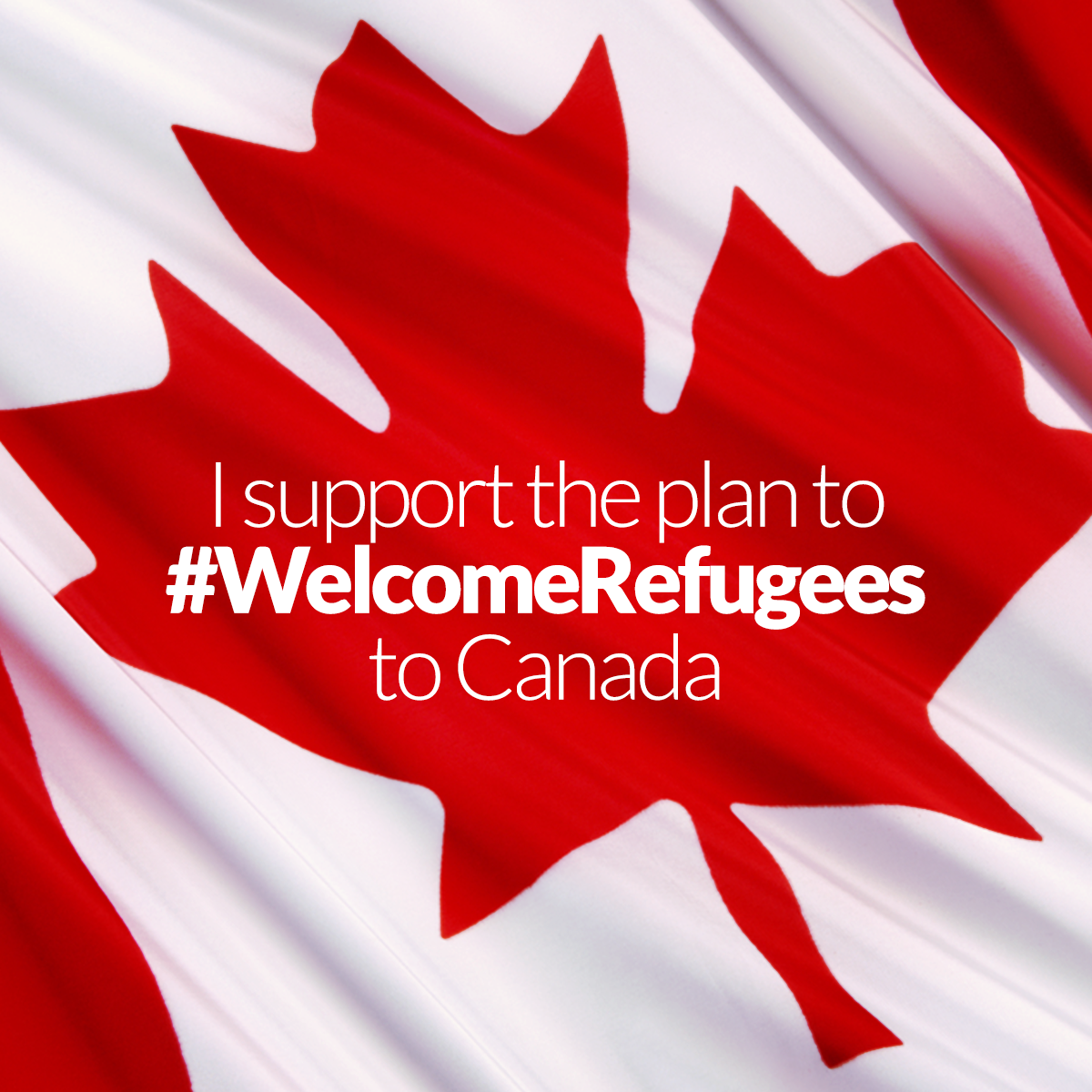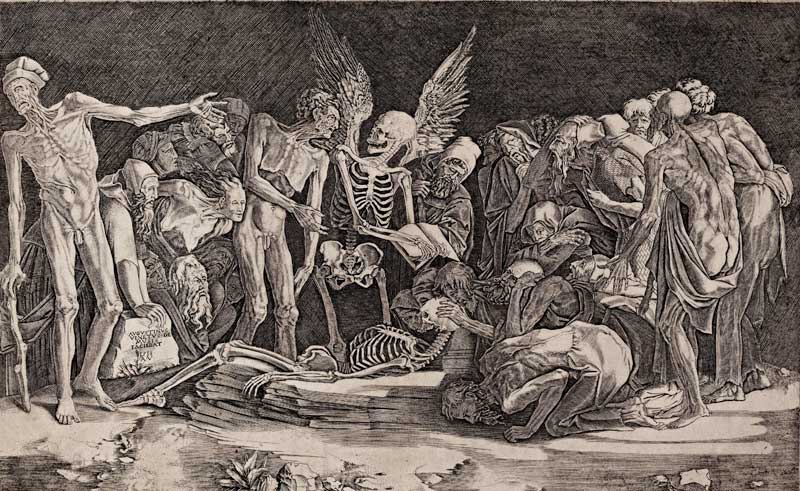Yes.
ISIL is like a cancer - killing countless good people and causing structural harm to the entire body of humanity. It has to be eliminated.
Having said that - ISIL is not a tumour that can be cut out and tossed away. ISIL isn't a band of people, though people are its form - ISIL is an idea.
It's a bit like the Dark Side - you might slide into it for reasons that make somewhat rational sense and still be a semi-decent person, but what ISIL does to its members is corrupt them, dehumanize them, turn them into puppets. And not of Allah, nor any force for good.
ISIL is the worst of humanity as described by Conrad in Heart of Darkness or Malan's My Traitor's Heart.
And, of course, ISIL exists in a landscape and context without which it would not be possible.
But he's also a piece in other state's games, ranging from Russia to Saudi Arabia and of course, the West.
Bashar is a dictator - one of many in the troubled history of the Middle East. He sees the people as pawns to be manipulated for selfish gains and power as the ultimate win. Kinda like what Europe did with the
Sykes-Picot Agreement. Two functionaries deciding the fate of a people they could care less about, for the good of their own team.
The threats in the Middle East seem to keep escalating in their reach, yet how many of them tie back to foreign intervention? Saddam Hussein and Osama bin Laden provide two examples. Time and again the West (and America in particular) has viewed itself as history's actors with places like the Middle East being the stage. The First World, Second World and Third World frames were all about the good, the bad, and the manipulable.
Why are people from the West opting to join ISIL? With this frame, it's easy to put all the blame strictly on the individual - they are bad people making bad choices, etc. What it also does, though, is emasculate the state and the people. Instead, we should ask what makes ours the best nation in the world to live, work and play? Why do people actively want to be part of our society and accept the social rules by which we all live?
It's a bit like committing sociology, but committing sociology is a bit like preventative healthcare; it saves you a hell of a lot of trouble down the road and, ultimately, is cheaper too.
There are also the human beings suffering under the sadistic cruelty of the ISIL's
stupid thugs. These aren't one-note Muslim others, the extras in the movie that the good guy saves from the bad guy; these are people with education, lived experience, personal interests, aspirations, just like any people anywhere.
They are our neighbours. They have always been our neighbours.
Would you suffer your neighbour to be taken from their home and subjected to torture for nothing other than the colour of their skin or for their religious beliefs? Would you?
It's happened before. It happens now, though we tell ourselves that black youth, or aboriginal women aren't quite like us, for if they were they wouldn't have the challenges they face.
ISIL is the worst of humanity - they believe in an end-game, which means whatever they do to get to that point is justified.
They are cruel - they look at the people they kill and torture as playings, lesser-thans who exist on earth for their purposes.
They want a fight. They are proactively picking fights that serve their purposes.
And they don't care about anything that rests outside their very narrow ideology. You are either with them or against them; structural issues don't matter, ecological sustainability doesn't matter, the mental health of children, the physical health of the whole, none of that matters. They are strong, we are weak, they will prevail, all they need to do is provoke us into a fight on their turf, on their terms.
The irony of course is that ISIL is writ large all the excesses they purport to be disgusted by in Western society.
We have seen ISIL before - in Rwanda, in the former Yugoslavia, in the Rape of Nanking and in Western colonization, in the Reign of Terror and in the Inquisition.
The actual body that is ISIL must be stopped, which is a much more complex process than containment and elimination. History has taught us this, though we have yet to learn.
Ultimately, though, ISIL is a reminder of why we must always be vigilant, considerate of consequence and empathetic to our neighbours.
We are at our best when we stand together, becoming more than the sum of our parts.
Divide and conquer is the opposite of that. Ignoring your neighbour is the opposite of that.
Until we internalize this lesson, ISIL - by whatever name it takes - will always be with us.







